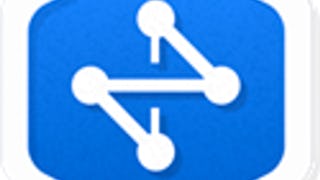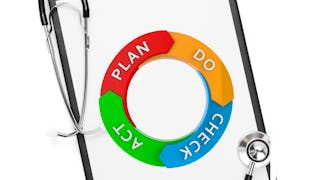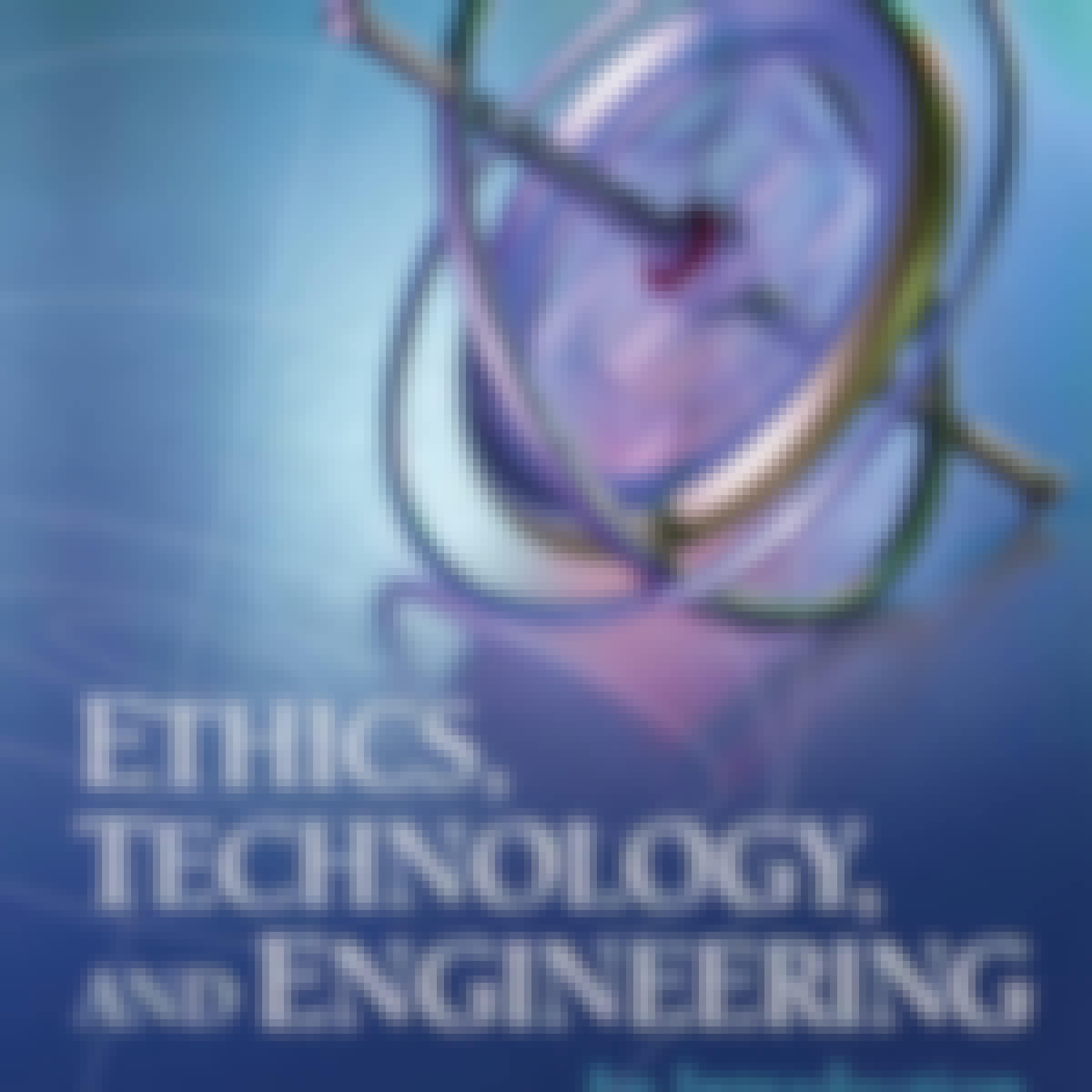Filter by
SubjectRequired
LanguageRequired
The language used throughout the course, in both instruction and assessments.
Learning ProductRequired
LevelRequired
DurationRequired
SkillsRequired
SubtitlesRequired
EducatorRequired
Explore the Healthcare Technology Course Catalog

Google
Skills you'll gain: Programming Principles, Scripting, Python Programming, Computer Programming, Computational Thinking, Algorithms, Data Structures, Integrated Development Environments, Debugging, Development Environment

Skills you'll gain: Application Performance Management, Distributed Denial-Of-Service (DDoS) Attacks, Google Cloud Platform, Cloud Infrastructure, Load Balancing, System Monitoring, Prompt Engineering, Kubernetes, Network Performance Management, Network Monitoring, Cloud Computing Architecture, Containerization, Network Architecture, Network Security, Cloud Storage, Cloud Services, Identity and Access Management, Network Routing, Virtual Private Networks (VPN), Network Troubleshooting

Skills you'll gain: Information Technology, Computer Hardware, Cloud Computing, Network Troubleshooting, Software Installation, Technical Support and Services, Cybersecurity, Hardware Troubleshooting, Data Storage, Database Software, Operating Systems, Computer Networking, Computer Security Awareness Training, IT Infrastructure

Skills you'll gain: Containerization, Cloud Applications, Google Cloud Platform, Cloud Infrastructure, Application Deployment, Docker (Software), Kubernetes, Application Development, CI/CD, Cloud Development, Microservices, Authentications, Serverless Computing, Identity and Access Management, Cloud Storage, Cloud Services, Virtual Machines, Generative AI, Cloud API, Prompt Engineering
 Status: Free
Status: FreeThe George Washington University
Skills you'll gain: Patient Safety, Clinical Leadership, Health Care Administration, Continuous Quality Improvement (CQI), Safety Training, Health Policy, Health Information Management, Health Care, Innovation, Systems Thinking, Teamwork, Change Management

Skills you'll gain: Site Reliability Engineering, Kubernetes, Application Performance Management, Google Cloud Platform, Cloud Infrastructure, System Monitoring, Prompt Engineering, Application Deployment, Identity and Access Management, DevOps, CI/CD, Containerization, Cloud Storage, Cloud Security, Cloud Services, Cloud Management, Service Level Agreement, Safety Culture, Event Monitoring, Culture Transformation

Skills you'll gain: Health Policy, Data-Driven Decision-Making, Risk Modeling, Health Assessment, Health Technology, Health Care, Statistical Modeling, Clinical Research, Medical Terminology, Systems Of Measurement

Skills you'll gain: Application Performance Management, Distributed Denial-Of-Service (DDoS) Attacks, Google Cloud Platform, Kubernetes, Cloud Infrastructure, Identity and Access Management, Data Loss Prevention, Load Balancing, System Monitoring, Prompt Engineering, Network Monitoring, Cloud Computing Architecture, Containerization, Network Architecture, Role-Based Access Control (RBAC), Network Security, OAuth, Network Routing, Cloud Security, Virtual Private Networks (VPN)

Eindhoven University of Technology
Skills you'll gain: Ethical Standards And Conduct, Engineering Design Process, Business Ethics, Engineering Practices, Research, Conceptual Design, Law, Regulation, and Compliance, Risk Management Framework, Mediation

Skills you'll gain: MySQL, Database Design, Version Control, Database Management Systems, Database Management, MySQL Workbench, Extract, Transform, Load, Data Modeling, Data Structures, SQL, Unix Commands, Relational Databases, Databases, Git (Version Control System), Database Systems, Stored Procedure, Object Oriented Programming (OOP), Unit Testing, Algorithms, Django (Web Framework)
 Status: New
Status: NewVanderbilt University
Skills you'll gain: Prompt Engineering, ChatGPT, Database Design, Productivity, Data Migration, Generative AI, Software Documentation, SQL, Dashboard, Artificial Intelligence, Database Management, Data Visualization, Large Language Modeling, Gap Analysis, Database Architecture and Administration, Query Languages, Technical Design, Data Storytelling, Data Analysis, Debugging

The University of Sydney
Skills you'll gain: Health Technology, Health Informatics, Telehealth, Health Care, Health Systems, Patient Education and Support, Health Information Management, Data Quality, Clinical Data Management, Electronic Medical Record, Digital Communications, Data Governance, Data Analysis, Data Integrity, Digital Transformation
Healthcare Technology learners also search
In summary, here are 10 of our most popular healthcare technology courses
- Crash Course on Python: Google
- Preparing for Google Cloud Certification: Cloud Network Engineer: Google Cloud
- Information Technology (IT) Fundamentals for Everyone: IBM
- Preparing for Google Cloud Certification: Cloud Developer: Google Cloud
- Leading Healthcare Quality and Safety: The George Washington University
- Preparing for Google Cloud Certification: Cloud DevOps Engineer: Google Cloud
- Data Science in Health Technology Assessment: Genentech
- Preparing for Google Cloud Certification: Cloud Security Engineer: Google Cloud
- Ethics, Technology and Engineering : Eindhoven University of Technology
- Meta Database Engineer: Meta










